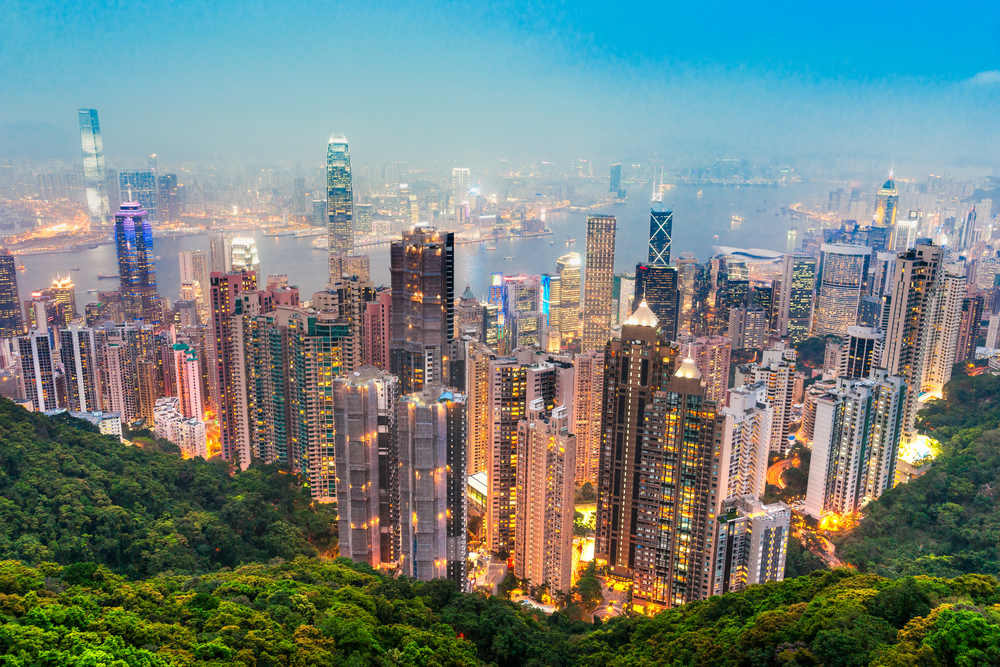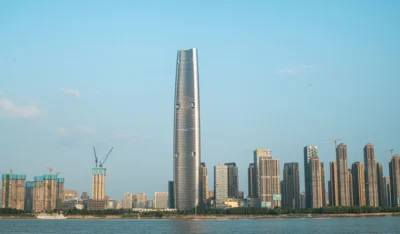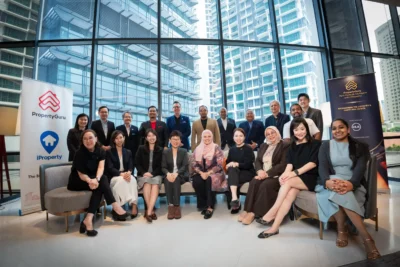How Southeast Asia will remain on the steady course to recovery
China pushes the region’s recovery forward as one of its main trade partners
Southeast Asia is getting back on its feet after the events of 2020 pushed the region to a slowdown. The region is predicted by the International Monetary Fund (IMF) to be the world’s fastest growing, as discussed by Southeast Asian economic research platform Fulcrum. It has five of the largest economies that are expanding by 4.3 percent so far in 2023.
However, uncertainties in economic growth increased the anti-globalisation sentiment due to the fear of damaging the overall economy’s recovery. The US-led Indo-Pacific Economic Framework for Prosperity (IPEF) is looking for ways to improve the resilience of supply chains, as a way of protecting Southeast Asia’s recovery.
China also plays a big part in the recovery of Southeast Asia’s economy with the IMF predicting its growth to be 5.2 percent in 2023. Despite the few uncertainties in banking and the property sector’s growth, China will be seeing a growth in economy, especially with its reopening to the rest of the world.
More: New dawn fades: A promising year for Southeast Asia
According to the China International Import Expo, China’s economic recovery would not just help with Southeast Asia’s recovery, but also upgrade the China-ASEAN Free Trade Area (FTA) in a way that would bring even more benefits to the region.
The country would help the most through its trade partnership with Thailand as its most significant trading partner. Thai businesses in the service and tourism sectors will be given opportunities to expand with the projects under China’s Belt and Road Initiative, such as the China-Laos-Thailand railway. They will also be given opportunities through e-commerce and a possible expansion of investments within China.
The Property Report editors wrote this article. For more information, email: [email protected].
Recommended
6 developments driving Asia’s green real estate shift
Developers are being incentivised to push a green agenda into daring new realms
The Philippines’ LIMA Estate drives sustainable industrial growth
LIMA Estate models a citywide vision that uplifts workers while appealing to climate-conscious employers
Malaysia property market rebounds with foreign interest and growth
The nation’s property market is stirring to life, fuelled by foreign buyers and major infrastructure drives
China’s renewable energy surge redefines housing norms and development
From exporting solar panels to building entire green-powered neighbourhoods, China’s renewable surge is redefining housing norms








